In his annual year-end speech, Volodymyr Zelensky said that relations with Hungary are not always friendly and that he would like to meet with Viktor Orban to iron out differences. Do you see any chance of that happening next year?
Hungary has never shied away from such a meeting. In fact, our position has been that it would be important, but only if the talks bear substance. In the mean time, the list of issues requiring resolution keep growing.
It often seemed that Kyiv was only willing to make political gestures at most, in order to be able to "check off" items on a list, like having met with all European leaders, except that Viktor Orban was conspicuously absent from this list.
We don't have the impression that they are really willing to discuss issues of importance to Hungary and to Hungarians. So this is why a top-level meeting has stalled; the problem is not one of receptiveness.
How did Ukrainian politics and media view the Hungarian abstention and veto at the EU summit?
This EU summit was particularly important for Kyiv as they needed some political success instead of the only promised military victories. With no assurance of NATO membership, they needed some positive feedback at least from the European Union that their efforts were being appreciated. In and of itself, that wouldn't be a problem. The question is rather: on the one hand, is Ukraine truly ready to start negotiations and, on the other, is the European Union also prepared to do so, and furthermore all this in the middle of an ongoing war? In the end, a clearly political decision was made, and Hungary did not stand in the way. As far as the Ukrainian reaction is concerned, Kyiv also realized that they could not solely blame Hungary for this situation, as other member states also raised their doubts. In my opinion, Ukrainian public opinion is much more sober now than it was before.
They understand the weight of the issues on the agenda and consequently the accusatory and offensive tone has been dropped. I instead sense some desperation.
When would EU accession be realistic?
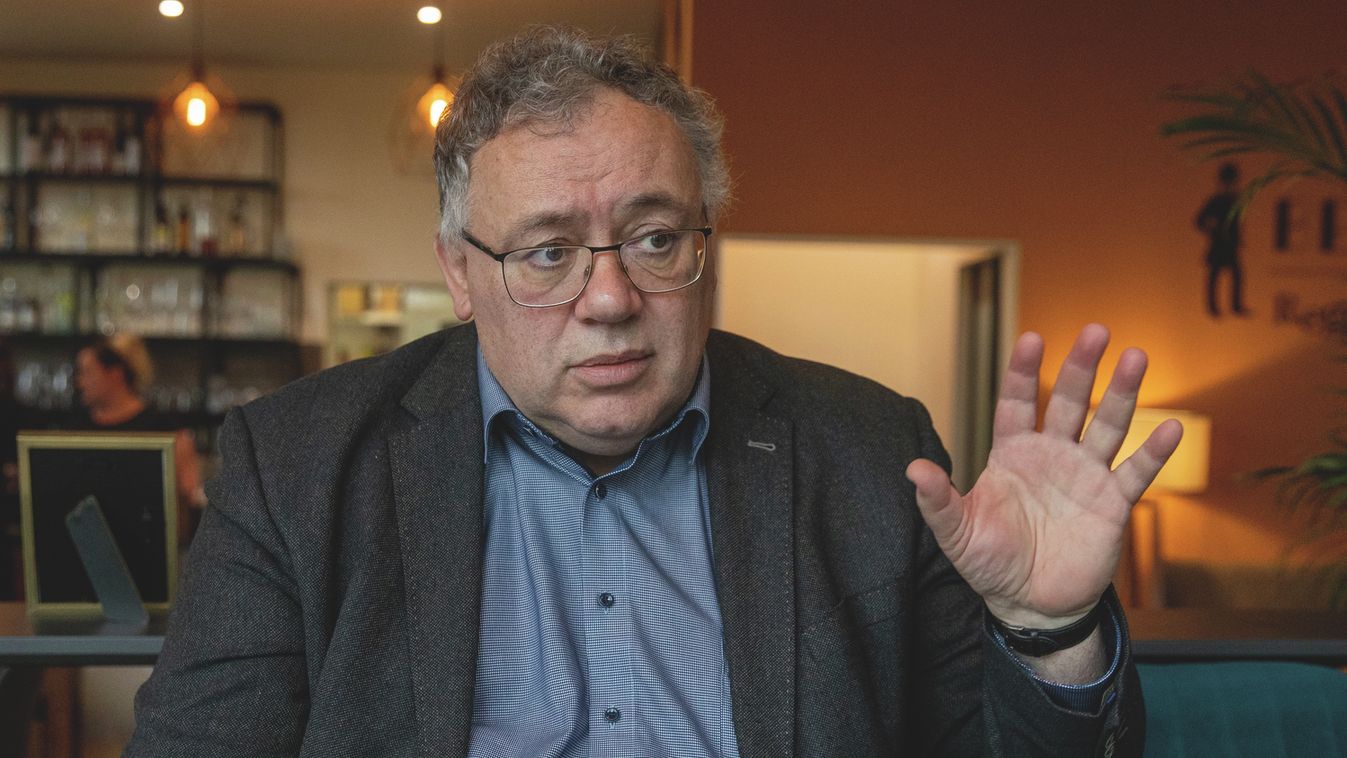
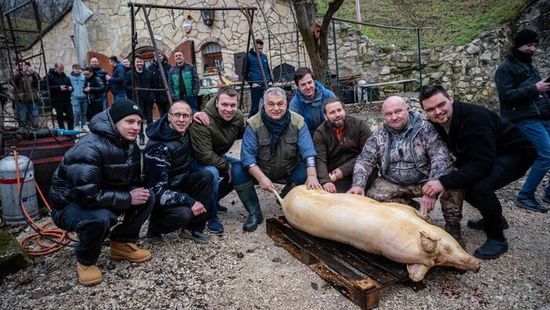
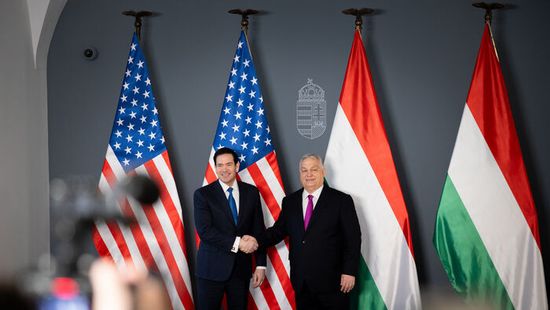
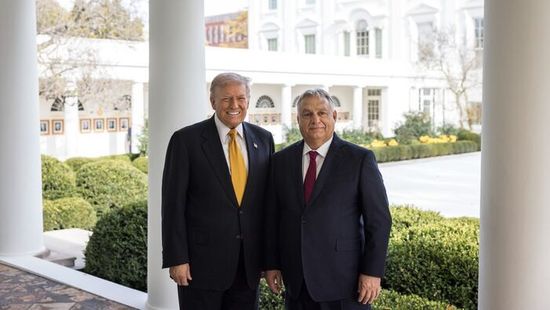
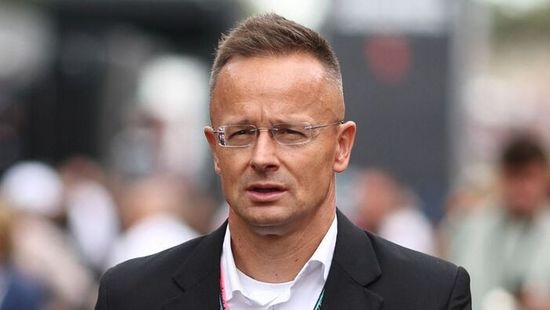

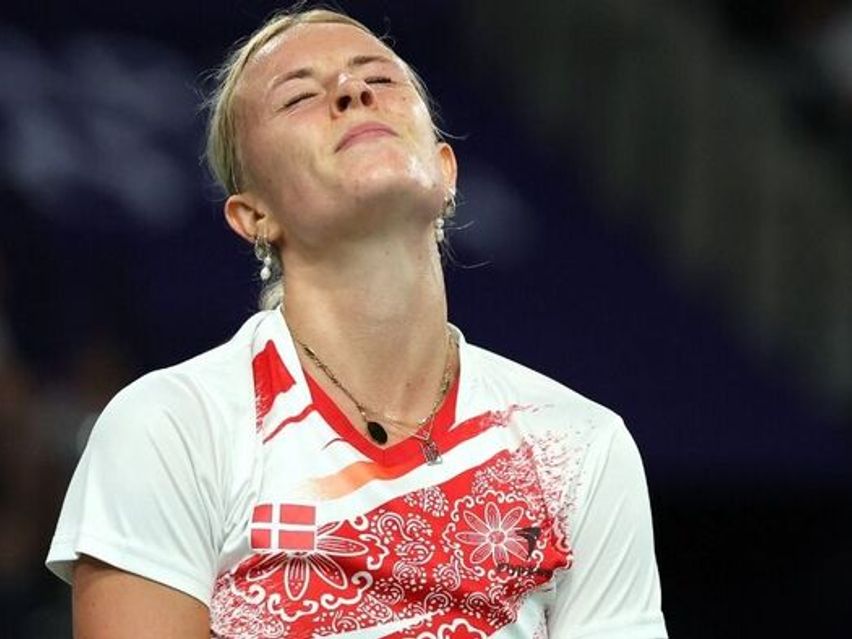
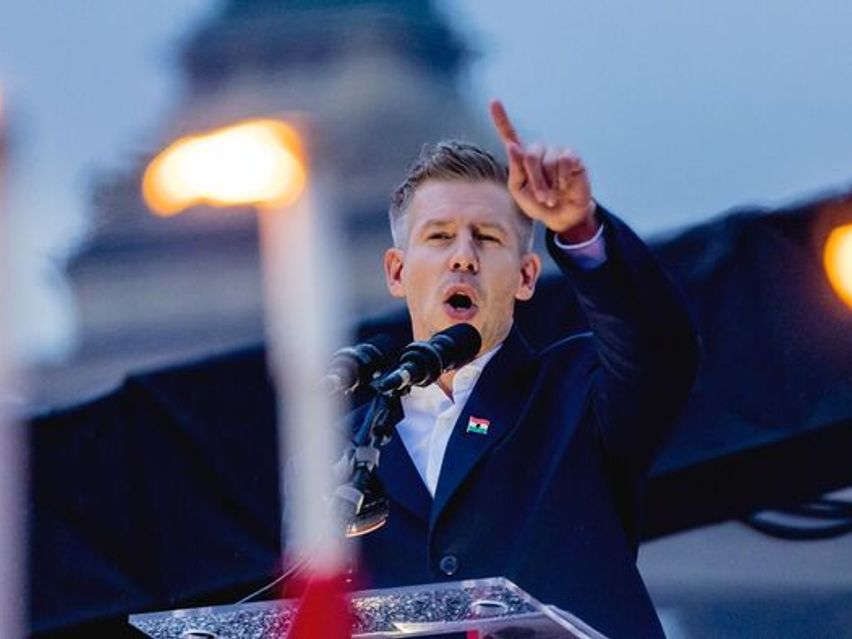
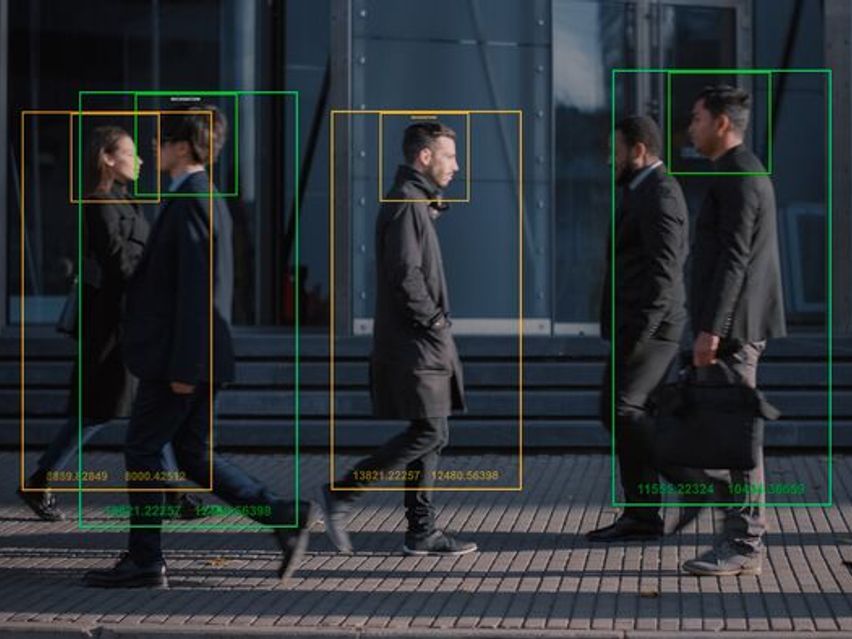
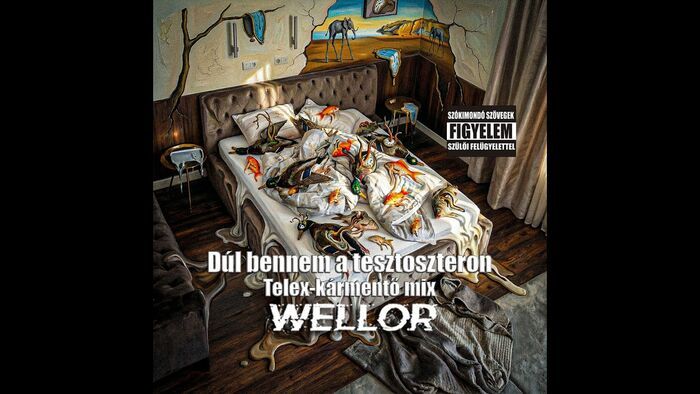

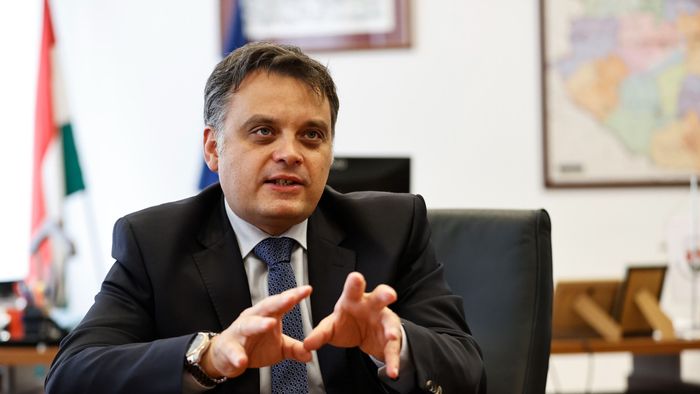
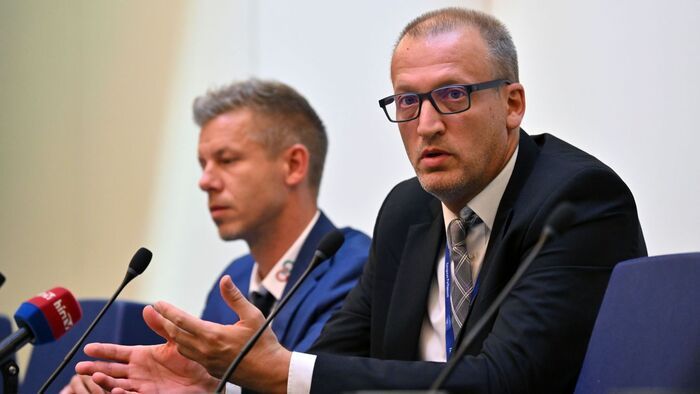
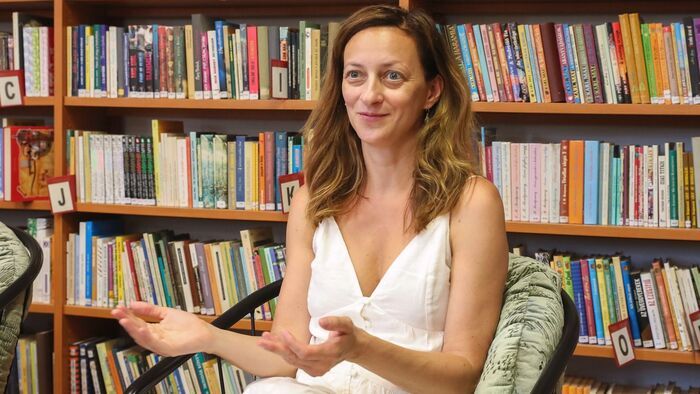
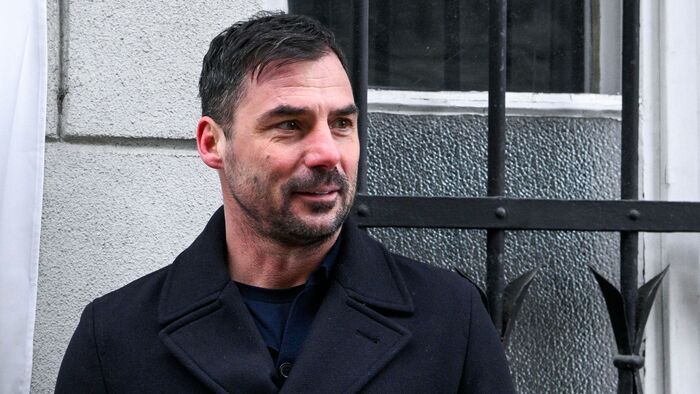
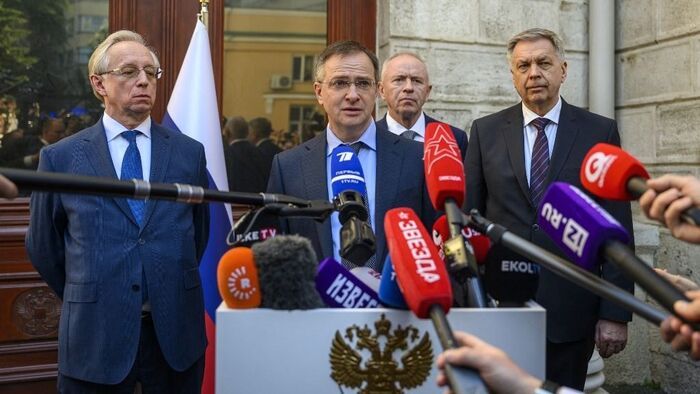
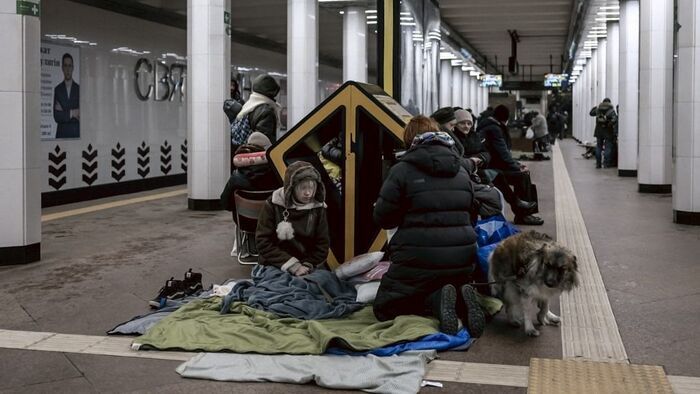
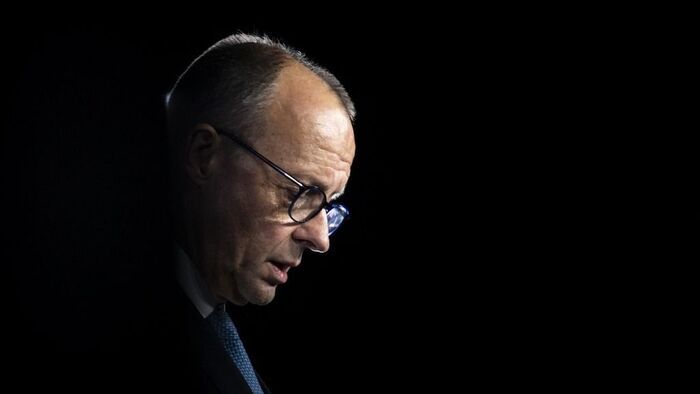

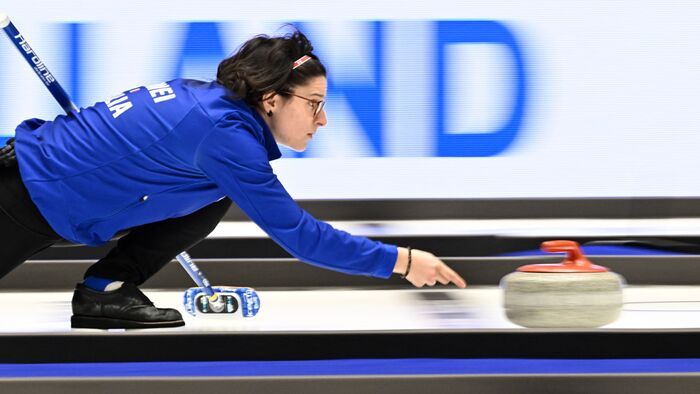
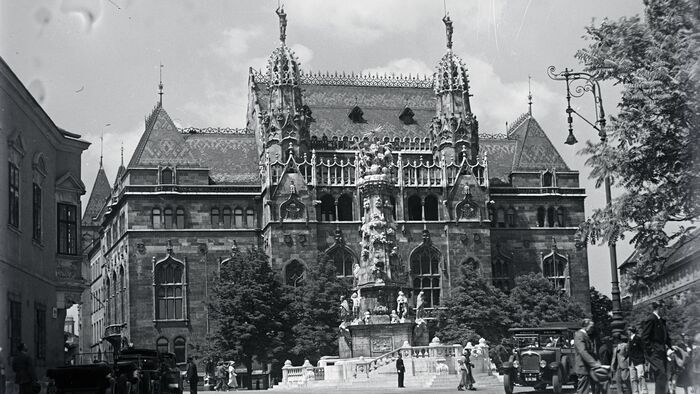
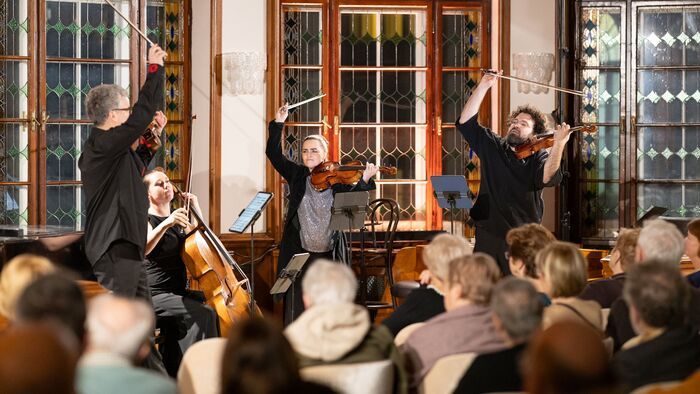

Szóljon hozzá!
Jelenleg csak a hozzászólások egy kis részét látja. Hozzászóláshoz és a további kommentek megtekintéséhez lépjen be, vagy regisztráljon!